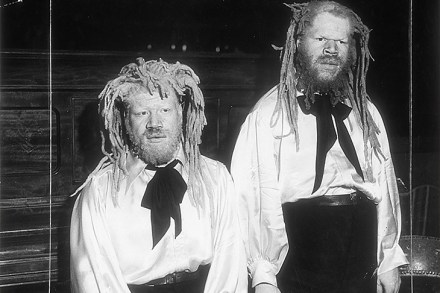A true original
Leonora Carrington was strikingly beautiful with ‘the personality of a headstrong and hypersensitive horse’ (according to her friend and patron Edward James); and she fled from her family, renouncing a life of privilege and ease to pursue her calling as an artist. Joanna Moorhead deplores the fact that she is ‘not much more than a footnote in art history’. But she has long been a legendary figure (among recent devotees, apparently, Madonna and Björk); in Mexico, where she lived and worked for most of her life, she is a national treasure; and for the feminist she is a heroine and her art ‘a modern woman’s codex’. She painted some marvellous




















